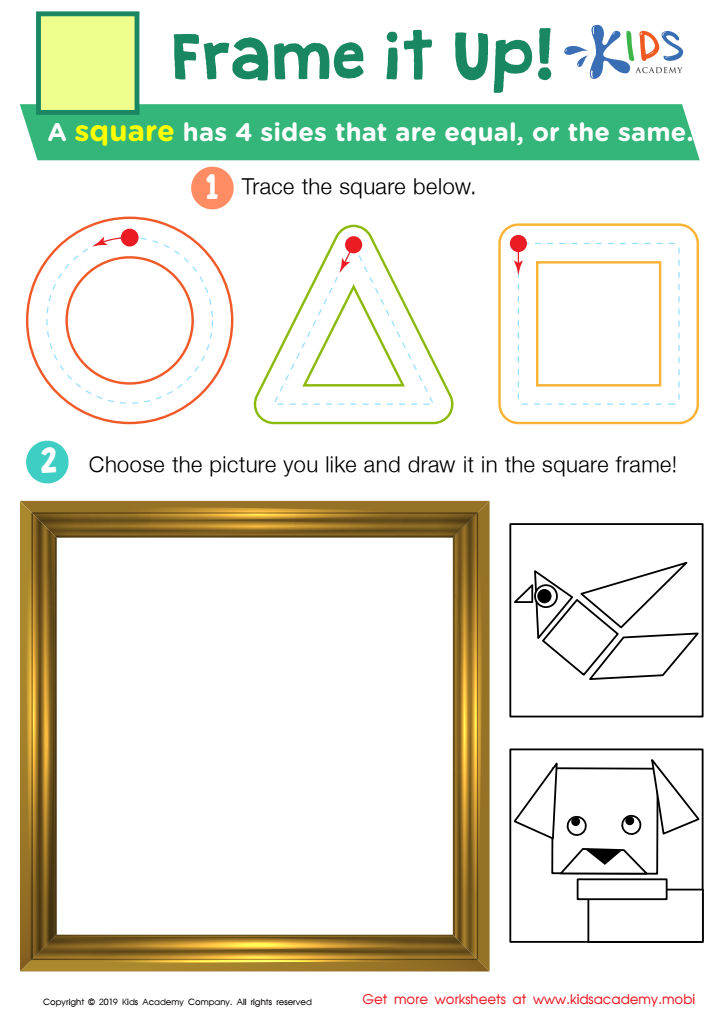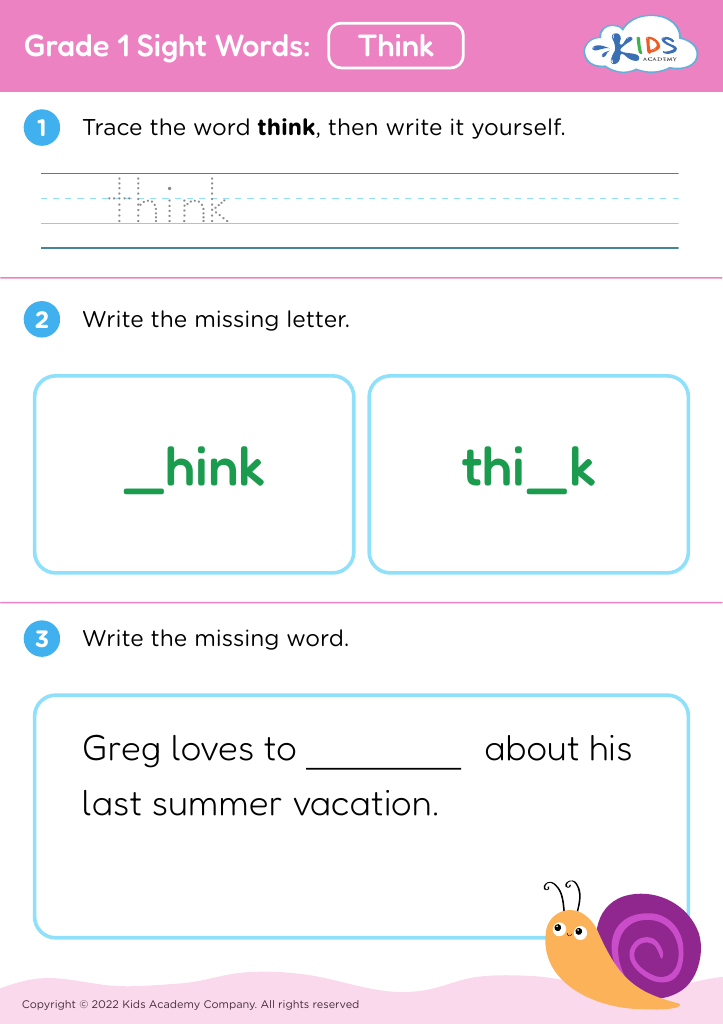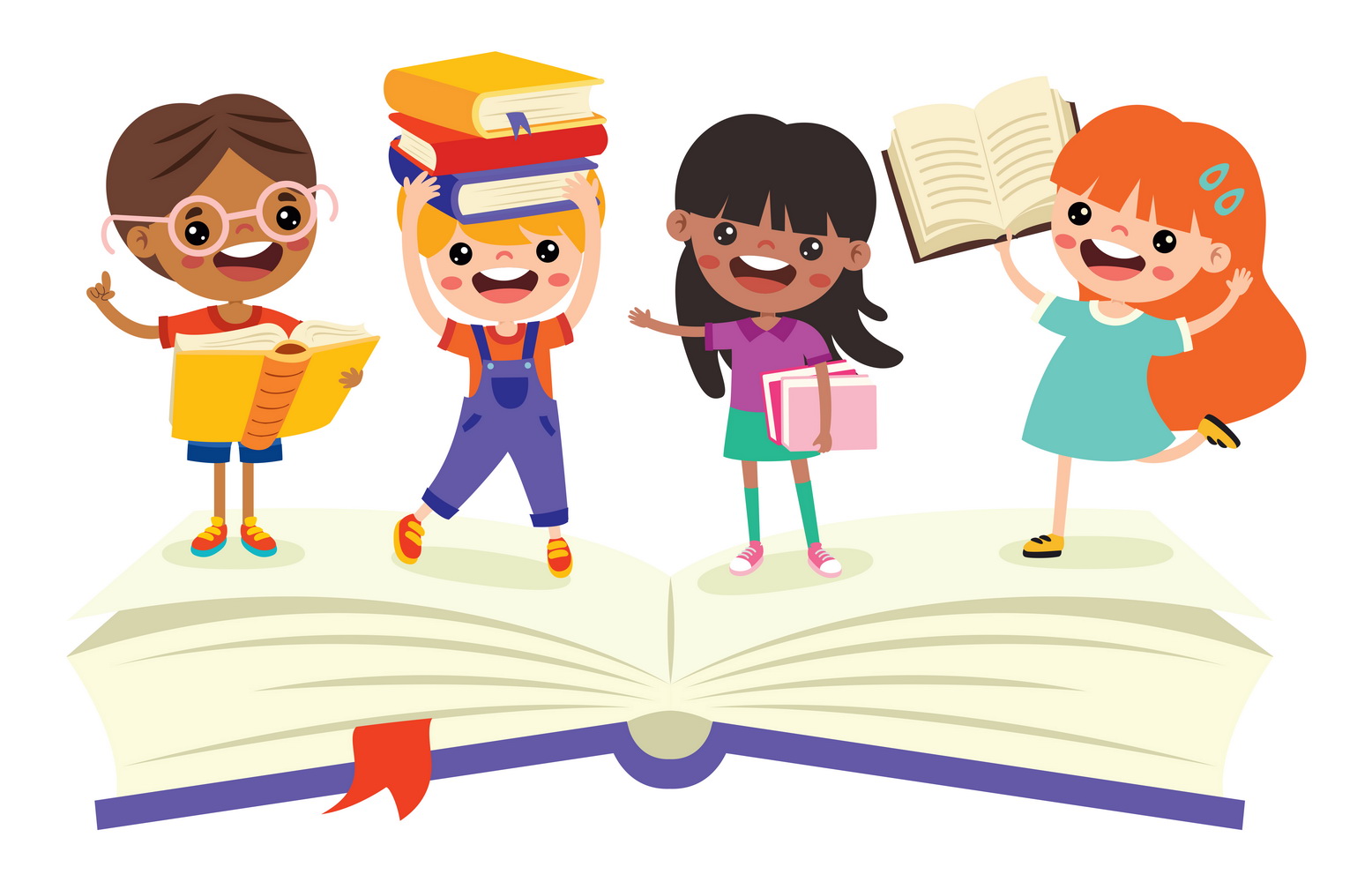Basic Addition Building Vocabulary Worksheets for Ages 7-8
3 filtered results
-
From - To
Enhance your child's math skills with our Basic Addition Building Vocabulary Worksheets designed specifically for ages 7-8! These engaging and interactive worksheets provide a fun approach to mastering addition while simultaneously expanding vocabulary. As kids explore addition through various interesting exercises, they'll develop crucial math concepts and language comprehension. The worksheets encourage critical thinking and problem-solving abilities, ensuring that learning is both effective and enjoyable. Ideal for classroom use or at-home practice, these resources offer a perfect blend of education and entertainment. Start empowering your child's learning journey today with our thoughtfully crafted addition vocabulary worksheets!


Frame it Up Worksheet
Parents and teachers should prioritize building a strong foundational vocabulary for basic addition in children aged 7-8 because it directly impacts their mathematical understanding and success. At this age, students are transitioning from simple counting to more complex operations, making it essential for them to develop clear and consistent terminology related to addition.
A rich vocabulary helps children articulate their thoughts, enhances comprehension of mathematical concepts, and promotes effective problem-solving skills. Terms like "sum," "plus," "combine," "altogether," and "equals" are not just jargon; they represent critical concepts that underpin mathematical reasoning. When children understand the language of math, they're better equipped to engage in discussions, ask questions, and express their understanding, which fosters a deeper engagement with the subject.
Furthermore, a solid vocabulary allows students to connect addition to real-life situations, enhancing their critical thinking and applicability of math in everyday scenarios. Proficient vocabulary also aids differentiated instruction, ensuring all learners, regardless of their background, can access and appreciate mathematical concepts. By nurturing these skills, parents and teachers help cultivate confident, competent learners who can thrive in higher-level math and problem-solving tasks in the future.
 Assign to My Students
Assign to My Students




























